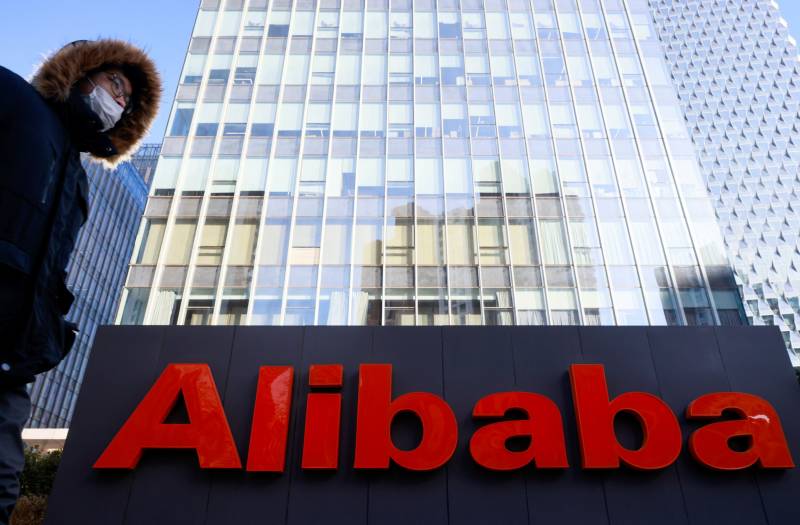Manuel Muhl, who downgraded Alibaba Group Holding to a sell in late July before its 39 per cent plunge, said he has been getting a lot of queries from clients raring to pick the bottom. He said the stock remains a valuation trap.
While Alibaba has an intrinsic value, that appeal is not being properly reflected in the stock price, he said in an interview. That is because regulatory risks at home and delisting pressures in the US are key drivers of the stock's worth, making it difficult to set a buffer on the downside.
The stock trades at three standard deviations below the five-year average in terms of price-earnings multiple, according to Bloomberg data. That compares with 0.5 deviation for JD.com and 1.5 for Tencent Holdings.
Do you have questions about the biggest topics and trends from around the world? Get the answers with SCMP Knowledge, our new platform of curated content with explainers, FAQs, analyses and infographics brought to you by our award-winning team.
"The fear that the ADRs will be delisted, the worry that more regulatory pressure is on the way, have led to those massive sell-offs and right now it is not possible to find an adequate risk premium for the sector," he said. "Every time you start thinking about a recovery, something else pops up and everyone is forced to react."
The US Securities and Exchange Commission this month announced its final plan for putting in place a new law that compels foreign companies to open their books to US scrutiny or risk being kicked off the New York Stock Exchange and Nasdaq. It cited China and Hong Kong for not cooperating with Washington since 2002. Hong Kong has refuted that statement.
Alibaba, the owner of this newspaper, has fallen 39 per cent in New York to US$125.06 on Friday since Muhl cut his rating to a sell on July 26, precipitating a US$220 billion loss of market value. Muhl remains the only analyst with a sell rating among 62 tracked by Bloomberg. He lowered his price target to US$130 on November 19.
SOURCE : yahooo




